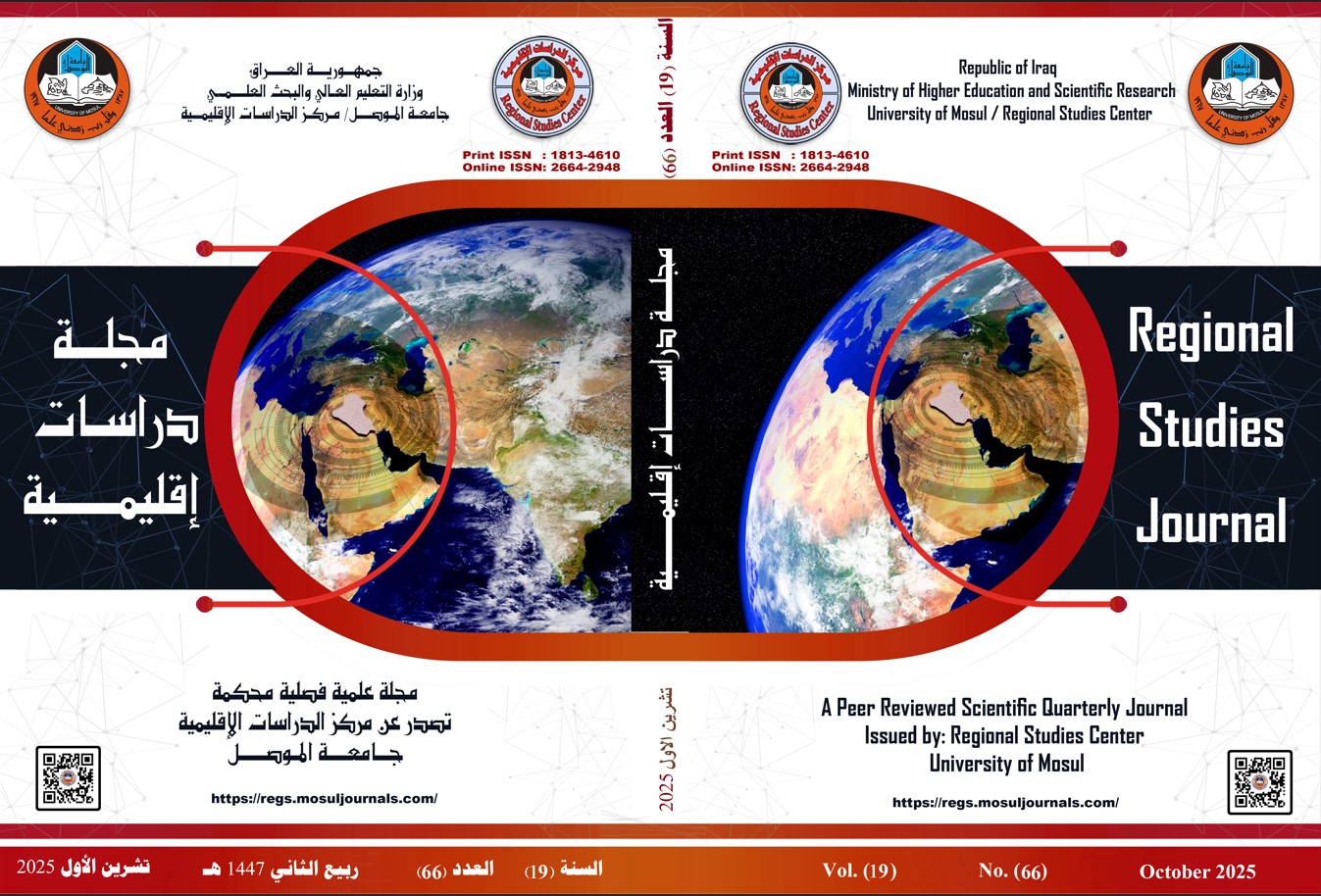The Role of Leadership in Achieving Stability in Post-Conflict States: A Comparative Study of Rwanda and Burundi
Published
Oct 2, 2025Abstract
The study highlights that leadership is a crucial factor in guiding the path of countries emerging from conflict, as the Rwandan case demonstrates how decisive and centralized leadership under President Paul Kagame contributed to rebuilding the state after the genocide in 1994. Rwanda adopted effective policies for national reconciliation, combating corruption, and promoting good governance, resulting in notable political stability and economic growth. In contrast, Burundi continues to face ongoing difficulties after the civil war, largely due to weak political leadership, which has failed to establish stability, leading to continued political and ethnic divisions, a deterioration of public freedoms, and fragile state institutions prone to interference.
Identifiers
Statistics
How to Cite
Copyright and Licensing

This work is licensed under a Creative Commons Attribution 4.0 International License.




